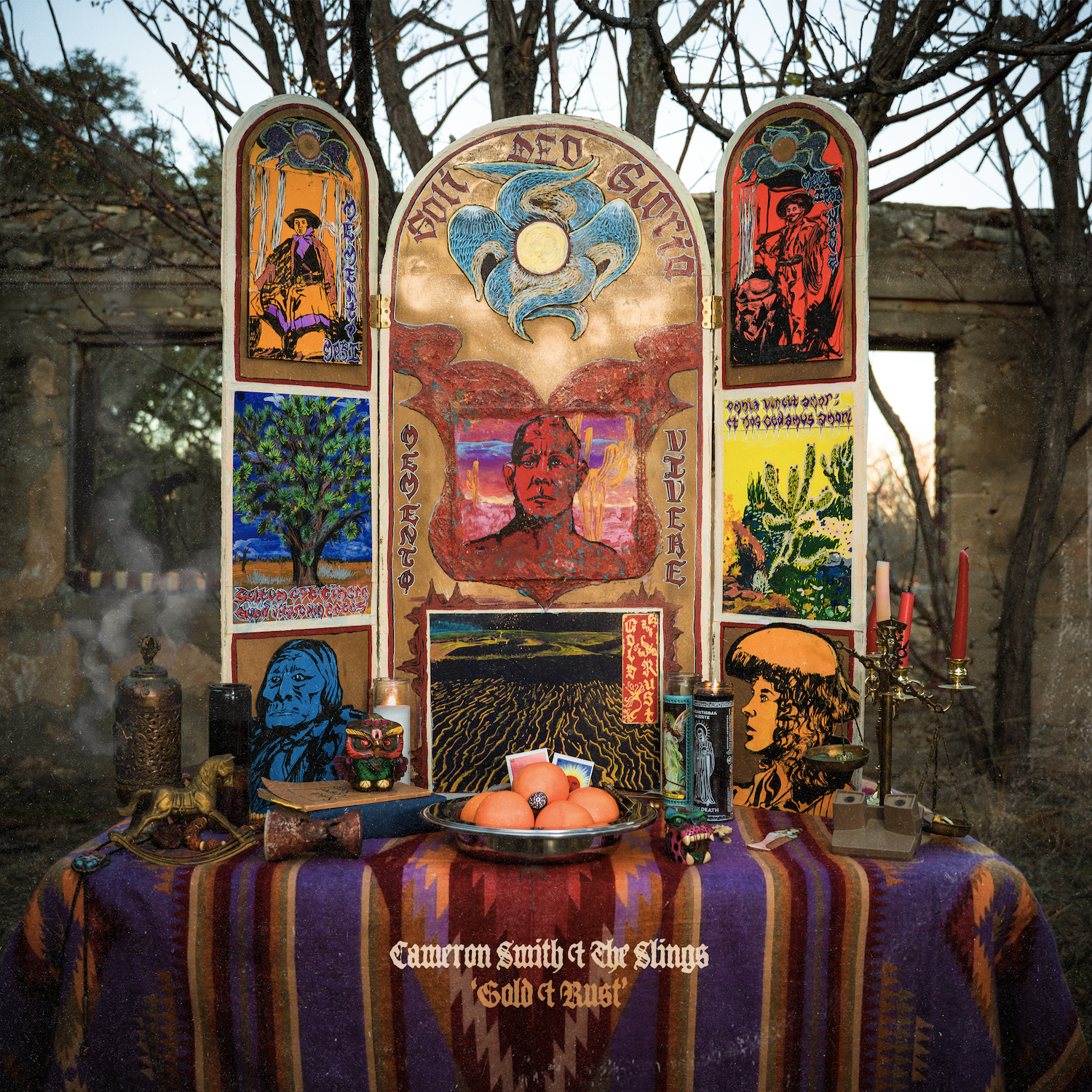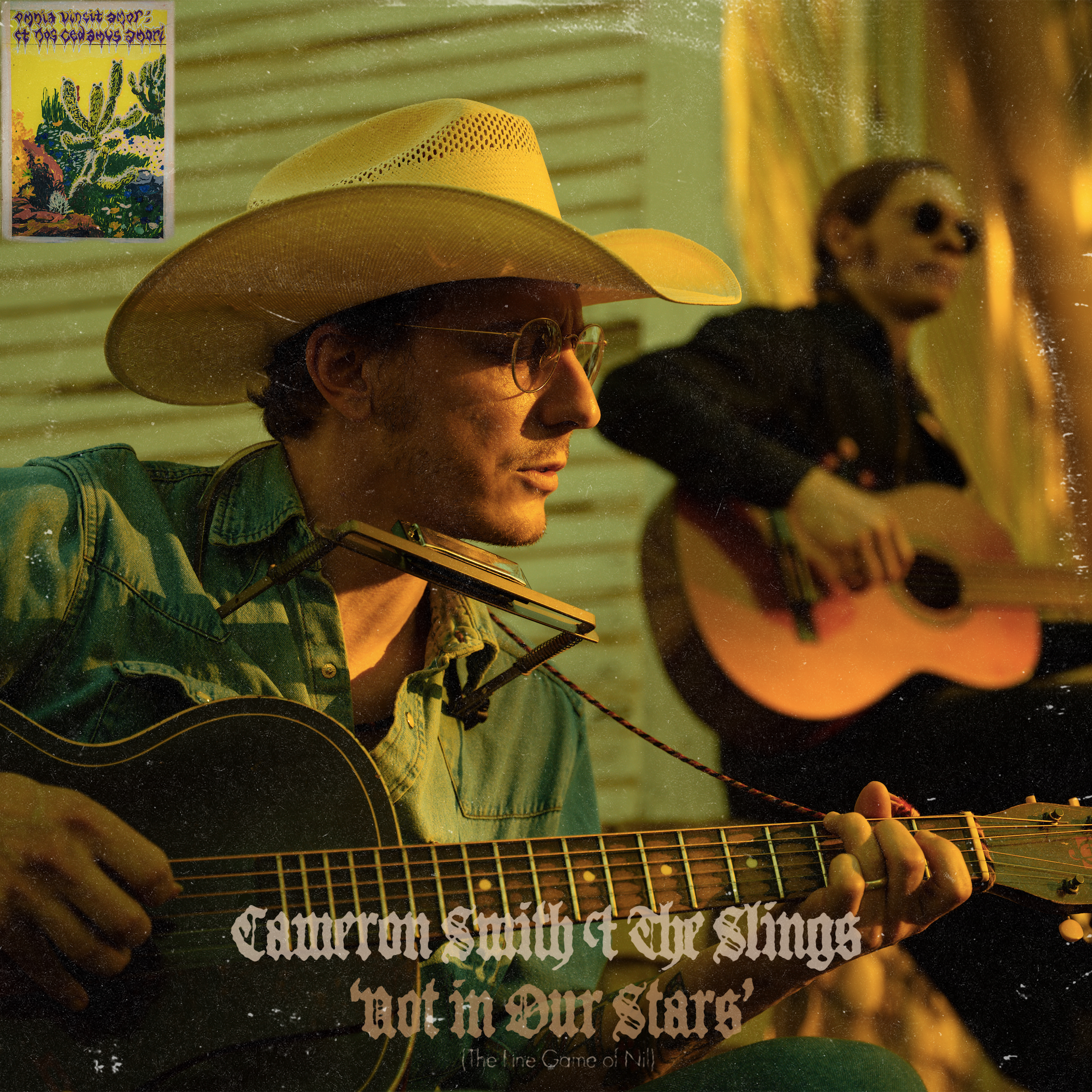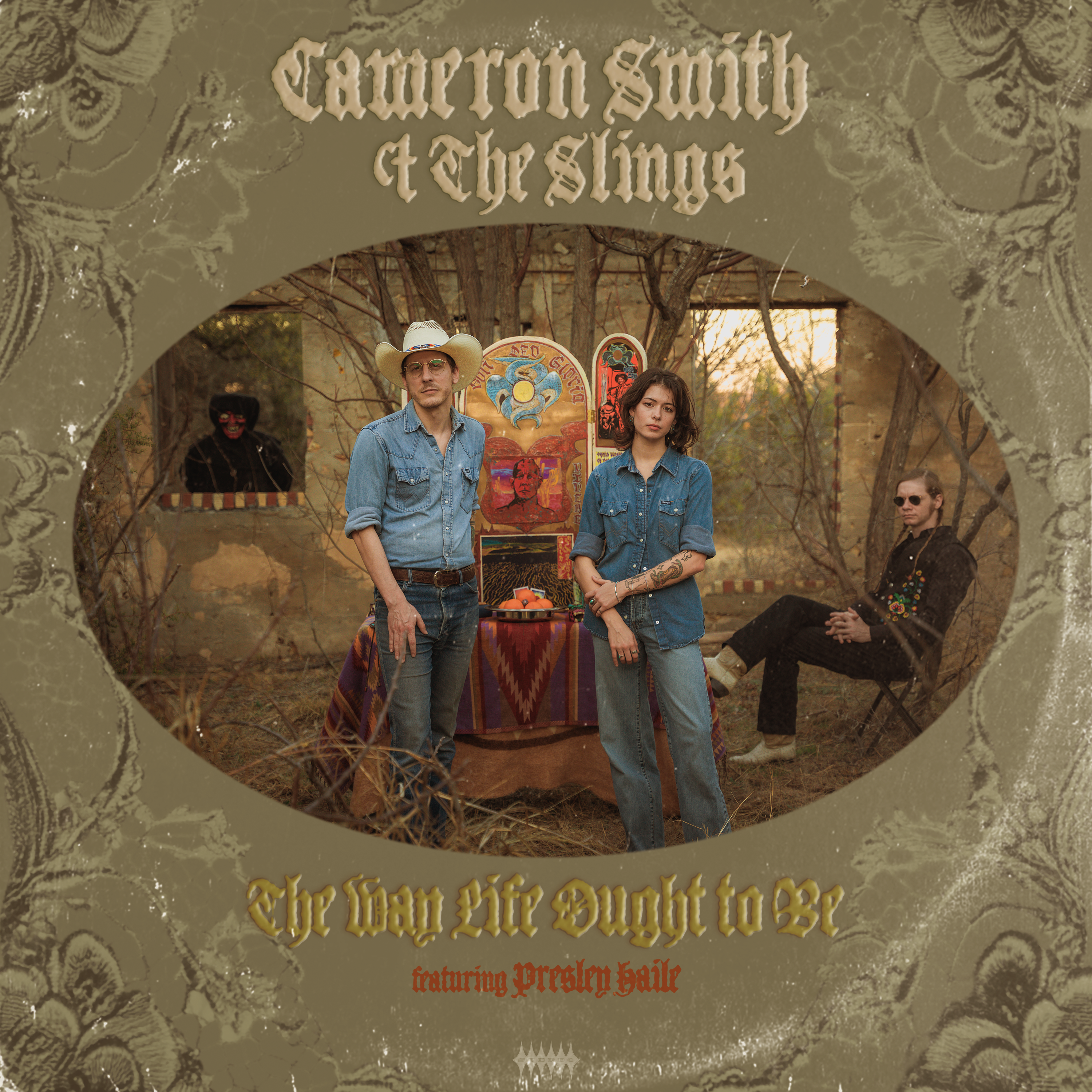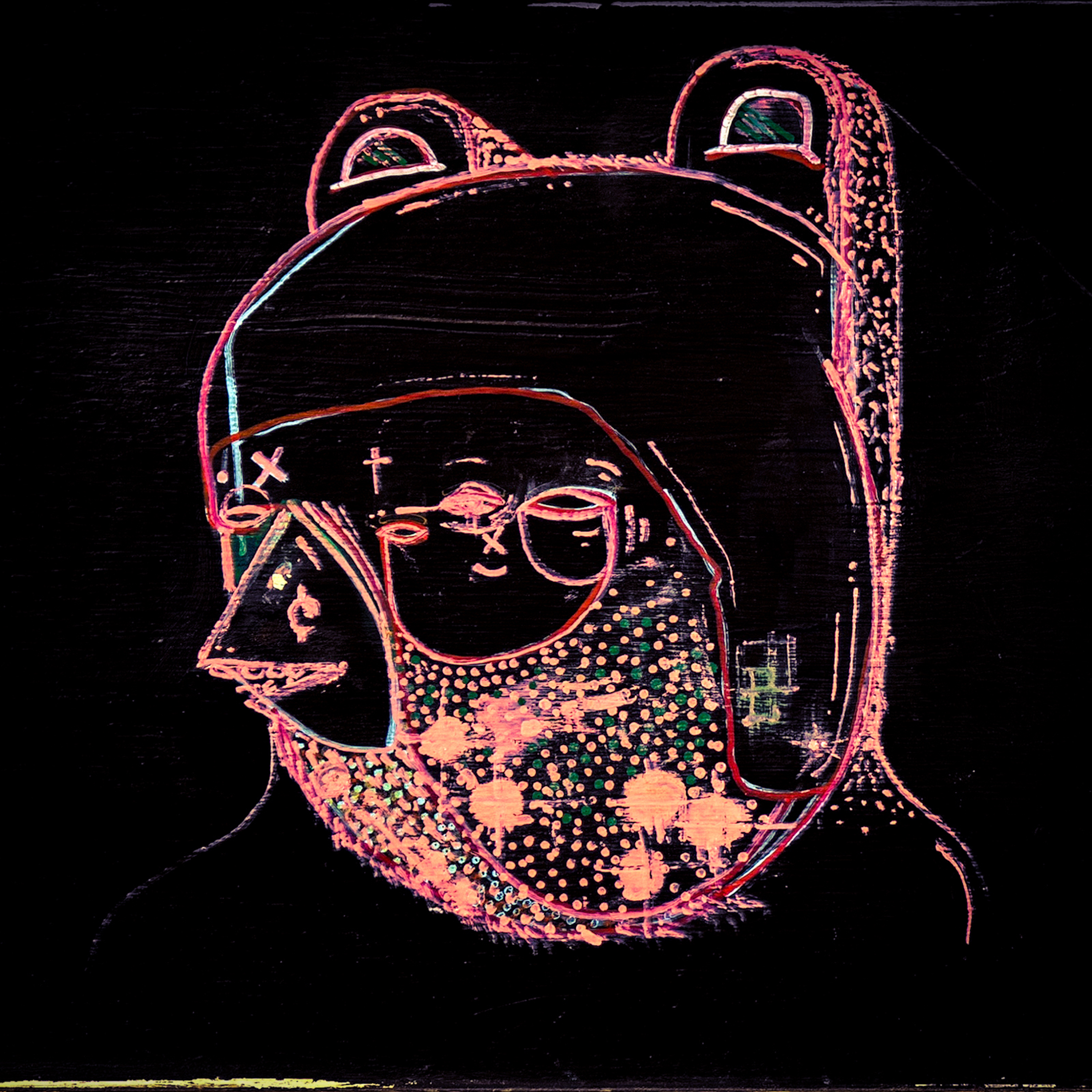What’s the difference between art and content?
For one, art gives what content takes: focus, confidence, clarity. . .
In a shrinking world of content and influencers, always vying for attention and taking all they can get, Cameron Smith is an artist, crafting songs to comfort and nurture the human spirit through all seasons. Songs that give.
A firm believer that real work is useful to real people, Smith is a fifth generation Texan on his father’s side and a second generation American on his mother’s, hailing from Fort Worth.
Blending folk, country, and Americana with indie grit and a high-lonesome sound, Smith’s songwriting draws inspiration from legends like Townes Van Zandt, Guy Clark, Blaze Foley, and John Prine, as well as indie icons such as Jason Molina (Songs:Ohia / Magnolia Electric Co.), David Berman (Purple Mountains, Silver Jews), Mark Linkous (Sparklehorse), and Will Oldham (Bonnie ‘Prince’ Billy).
His music explores the spaces between shadow and light, fate and free will, longing and belonging. . . life and death.
Orchestral, expansive, and ethereal, Cameron Smith and the Slings’ debut album Gold & Rust plays like a cosmic country The Dark Side of the Moon. A concept record in the Western narrative tradition of Willie Nelson’s Red Headed Stranger, Terry Allen’s Juarez, and Lee Hazlewood’s Trouble Is A Lonesome Town, it is an epic of love, ambition, betrayal, and redemption.
How does a boy become a man without turning into a monster?
A hungry-hearted kid rides out chasing more, trades his soul to get it, loses the one he loves, and has to fight to find his way back home. . . to her and to himself.
Featuring vocals from rising Columbia Records artist Presley Haile, the lead single The Way Life Ought to Be released May 16th, followed by Not in Our Stars (the Fine Game of Nil) June 20th, and Blood Mouth (Call it the Blues)—another duet with Haile—on August 1st.
This is the story of Gold & Rust, arriving on September 12, 2025.
PRESS:
Cameron Smith – The Way Life Ought to Be
If the world is running on fumes and our friends and family keep checking out, at least there’s a songwriter who knows how to articulate our exhaustion so artfully.
– Fort Worth Weekly
Through love and pain, Shine encapsulates a special and sacred moment in time. . . The lyrics of the album cast healing into the ether, as Smith draws upon his own memories that are universal to the human experience.
– KXT 91.7FM
Solemn, playful, erudite, and mature, A Good Way to Say Goodbye is a great introduction to an artist who is proving he’s developing into a genuine songwriter’s songwriter.
– Fort Worth Weekly
FOLLOW CAMERON SMITH HERE:
RELEASES:






